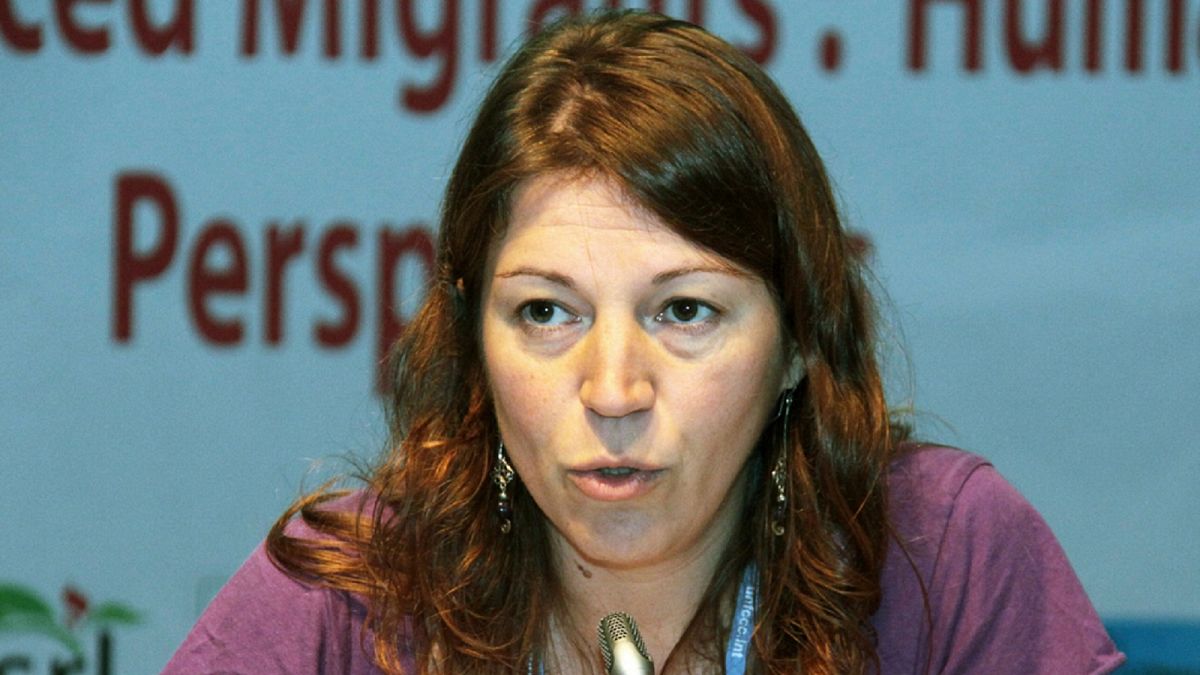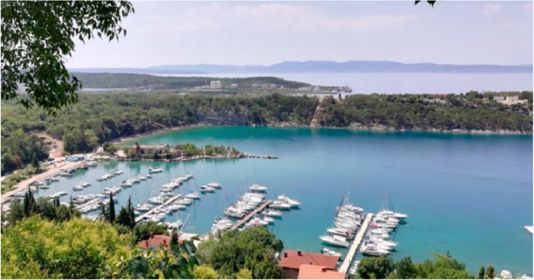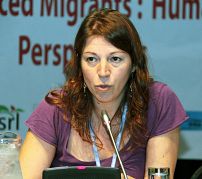Some key questions remain unanswered: who are its real investors and whose interests are at stake? Who will ultimately benefit from the project: Hungary, Croatia, Russia, the US? And where do the needs of the Croatian people fit in this alleged international scheme?
Last week, local residents and environmentalists confirmed their opposition to the planned Liquefied Natural Gas (LNG) Terminal in Krk, Croatia. A flagship project for the Adriatic country, the LNG terminal also features as a Project of Common Interest at European level, despite continuing controversies on its environmental impacts, usefulness and integrity.
Indeed, besides the environmental concerns brought up by the local communities and civil society, the Krk LNG Terminal also holds peculiar links with one of Croatia’s biggest political scandals in the last decades. Robert Ježić, the project’s historical sponsor, is a key witness in the high-level corruption trial taking place in Zagreb that sees the country’s former Prime Minister Ivo Sanader accused of taking a 10 million Euro bribe from the Hungarian Energy company Mol. It is alleged that this bribe aimed at facilitating a favourable deal for the purchase of the majority stake in the Croatian energy company INA, as a part of its privatisation process in early 2000.
But how is this scandal related to the LNG project? Ježić might have personally benefitted from the allegedly corrupt privatization of INA. He became the owner of the Dioki industrial plant in Omisalj, the site where INA was planning to build an LNG Terminal, and the project became Ježić’s goal after the purchase of the property.
Blurry links with Russia and Hungary
Still, the project’s implications don’t stop at the EU borders and are linked to broader geostrategic considerations. As Theodore Karasik wrote in an opinion article for Euronews, Ježić’s business links may allegedly lead to Russian oligarchs close to Vladimir Putin. The company that purchased the debts and property of the Dioki plant, Gasfin, is also said to be close to Russian interests.
In 2018, when the advancement of the project seemed stuck, Gasfin stepped in. It then became clear that the decisions around the Krk LNG Terminal were tied to higher and contradicting political agendas. The geostrategic narrative overwhelmed the media coverage of the story, describing one version of the project – an onshore terminal designed by Ježić – as connected to Russian interests, and the other version – the FSRU, a floating terminal – pushed by the Croatian government, as rather aligned with the United States’ agenda.
In this context, Hungary – as the foreseen n.1 beneficiary of Krk’s gas, according to the project description – also played a role. After the allegedly corrupt privatization of INA, the Hungarian oil and gas company MOL secured dominant management rights over the company, and these are currently being challenged by the Croatian government.
Against such backdrop of lack of transparency and captured decision-making, it is thus difficult to fully understand the drivers behind the Krk LNG Terminal and its international sponsorship.
Some key questions remain unanswered: who are its real investors and whose interests are at stake? Who will ultimately benefit from the project: Hungary, Croatia, Russia, the US? And where do the needs of the Croatian people fit in this alleged international scheme?
EU’s support in the name of “energy security”
Yet, despite its fuzzy nature, the Krk LNG Terminal also enjoys support from the European Union. It has been included by the European Commission in the list of LNG terminals needed to “diversify” energy sources from Russia.
In a recent report, NGOs Counter Balance, Re:Common, Zelena Akcija and Friends of the Earth Europe showed how, while hiding behind the smokescreen of the EU energy supply “diversification” narrative, the project might actually serve primarily private interests.
The numbers speak for themselves. Currently, the 28 LNG terminals in Europe have a capacity of almost 230 billion cubic meters of gas annually, which would be enough to secure 40 percent of the gas needs of the entire Europe, but their utilization is only about 25 percent of the capacity. The capacity of the Croatian floating terminal will be 2.6 billion cubic meters a year, but so far only half a billion cubic meters have been leased to domestic customers.
One might then wonder if this gas is really needed and why the project has been supported in the first place. The low interest to purchase Krk’s gas showed by national companies runs in parallel to Hungary’s complaints about its high cost. The Krk LNG Terminal risks thus adding to the list of expensive and underused projects that nonetheless were granted support at EU level.
To comments about the dubious economic competitiveness of LNG terminals, the European Commission’s rebuttal is clear: they are part of the Energy Union’s diversification strategy and are thus fit for its endorsement. And yet, as Reuters just reported, Russia delivered a record amount of LNG to Europe in February, becoming for the first time the biggest supplier of this fuel to the continent, surpassing traditional suppliers such as Qatar, Nigeria and Algeria, as well as a newcomer, the United States.
If this is happening, something must have failed in the strategic and economic considerations backing up the LNG expansion in Europe. With the climate clock ticking and public pressure rising, there’s still time to act to show that the EU actually gets its priorities right, especially for projects not built yet such as the Krk LNG Terminal.
The European Investment Bank – who is considering a loan to the project - and the European Commission should take a step back and reconsider their support to this as to any new LNG project in Europe. Moving away from gas, and stop building more gas infrastructure is the only way towards a cleaner energy future, one that puts the basic needs of people and the planet first and stays loyal to the commitments taken with the Paris Agreement.
Elena Gerebizza is Energy and Climate campaigner for Re:Common, a non-profit, public campaign organization based in Rome, Italy


